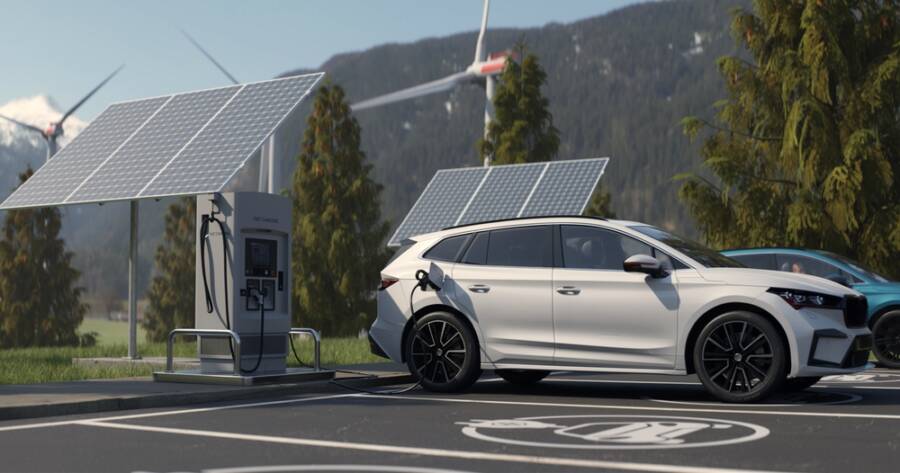The automotive industry is undergoing a dramatic transformation as electric vehicles (EVs) become more accessible, efficient, and cost-effective. With governments pushing for sustainability, automakers investing heavily in EV technology, and charging infrastructure expanding rapidly, many consumers are wondering: Is 2025 the year to finally switch from gas-powered cars to electric vehicles? To make an informed decision, it’s essential to compare key factors such as cost, range improvements, charging accessibility, and environmental impact.
Cost Comparison: Upfront vs. Long-Term Savings
One of the biggest hesitations for buyers considering an EV is the upfront cost. Historically, electric cars have been more expensive than their gasoline counterparts due to costly battery production. However, as battery prices decline and government incentives remain in place, the gap is narrowing. Some experts predict EVs will achieve price parity with gas-powered cars very soon.
While EVs tend to have a higher sticker price, they often offer significant long-term savings. EV owners save money on fuel, as electricity is generally cheaper than gasoline. Additionally, EVs have fewer moving parts, leading to lower maintenance costs. There’s no need for oil changes, fewer brake replacements due to regenerative braking, and overall lower wear and tear. These savings can make EVs the more economical choice over time.
Range Anxiety: A Problem of the Past?
Range anxiety has long been a concern for potential EV buyers. Early electric models had limited ranges, making long-distance travel challenging. However, modern EVs are addressing this issue with substantial improvements in battery technology. Many mainstream EVs are expected to offer ranges of 300-400 miles per charge, comparable to the range of a full tank of gas in many traditional vehicles.
Additionally, advancements in fast-charging technology are making it easier to recharge quickly. Some of the latest EV models can add 200 miles of range in just 15-20 minutes, making road trips more feasible. As battery efficiency improves and more automakers invest in high-range EVs, range anxiety is becoming less of a barrier to adoption.
Charging Infrastructure: Bridging the Convenience Gap
One of the biggest advantages of gas-powered vehicles has been the widespread availability of fueling stations. While EV charging infrastructure has lagged behind, significant progress is being made. By 2025, global efforts to expand charging networks are expected to result in millions of public charging stations, including ultra-fast chargers that rival the speed of refueling at a gas pump.
Home charging remains one of the biggest conveniences for EV owners. Level 2 chargers, which can fully charge an EV overnight, are becoming more affordable and accessible. Additionally, workplace and apartment complex charging solutions are growing, making EV ownership practical even for those without a private garage.
Environmental Impact: The Case for Sustainability
One of the most compelling reasons to switch to an EV is the environmental impact. Gas-powered cars contribute significantly to carbon emissions and air pollution, accelerating climate change. EVs, on the other hand, produce zero tailpipe emissions and have a much lower carbon footprint, especially when powered by renewable energy.
While the production of EV batteries does have environmental costs, advances in battery recycling and sustainable mining practices are helping to mitigate these concerns. As the energy grid shifts toward cleaner sources, the overall emissions from EVs will continue to decrease, making them a far greener choice compared to traditional gas-powered vehicles.
The Verdict: Is 2025 the Year to Switch?
As EV technology continues to advance, the barriers to adoption are falling. With lower costs, longer ranges, expanding charging networks, and clear environmental benefits, 2025 is shaping up to be a pivotal year for those considering the switch. For many drivers, especially those with access to home charging, the transition to an electric vehicle will be an easy and logical step. While some concerns remain—such as battery recycling and the full buildout of charging infrastructure—EVs are proving to be a viable, cost-effective, and sustainable alternative to gas-powered cars. If you’ve been waiting for the right moment to switch, 2025 might just be the year to make the leap.

